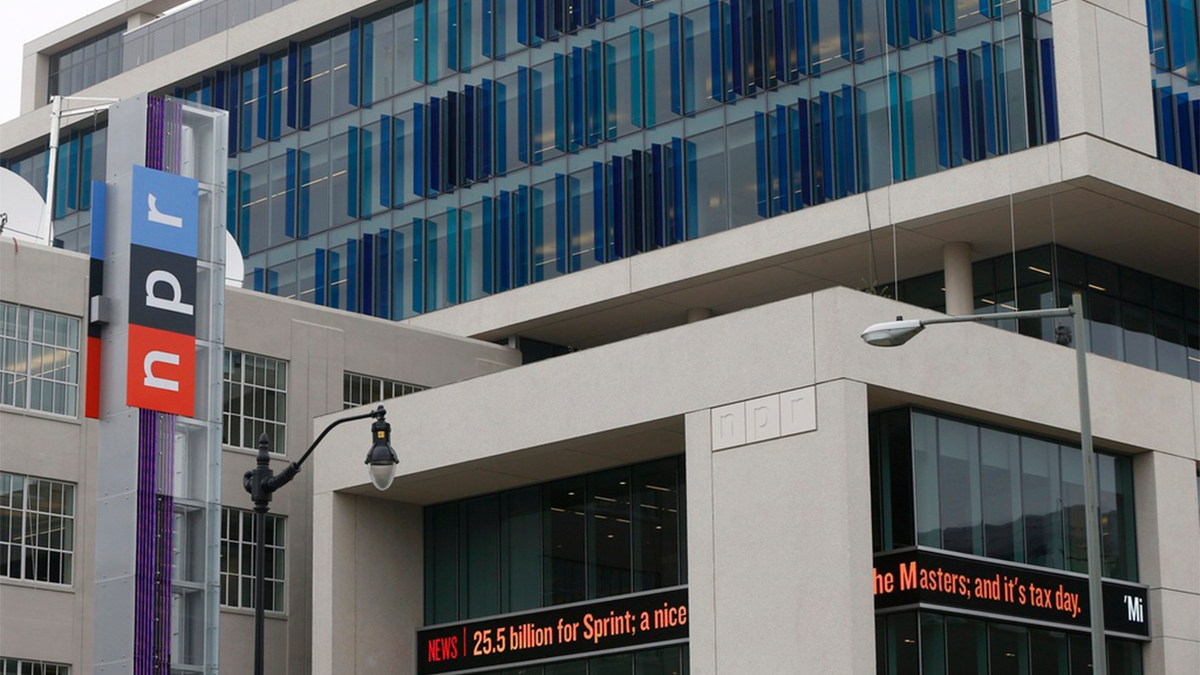

National Public Radio (NPR) asked a federal judge last week to block the Corporation for Public Broadcasting (CPB) from redirecting millions in satellite funding to a newly formed nonprofit organized by a coalition of public media organizations.
NPR moved for the restraining order against CPB on Friday, just hours after the corporation announced it would award up to $57.9 million over five years to a new nonprofit, Public Media Infrastructure (PMI). PMI's founding partners include New York Public Radio, American Public Media and Public Radio Exchange (PRX).
A spokesperson for CPB maintained that the organization is assured that its decision to redirect nearly $60 million in funding to PMI is in the best interest of the public media system.
"We are disappointed that, at a time of tremendous challenge for all public media with substantially diminished resources, NPR is forcing CPB to expend scarce funds that would otherwise support the public media system in defending a lawsuit that has no merits and ultimately does not benefit the system," the spokesperson told the Washington Post.
GOP LAWMAKERS, CONSERVATIVES REJOICE AS CORPORATION FOR PUBLIC BROADCASTING ANNOUNCES CLOSURE

The headquarters for National Public Radio (NPR) is seen in Washington. (Charles Dharapak/AP Photo)
CPB said the nearly $60 million grant would provide "reliable interconnection services" and infrastructure to assist in the distribution, tracking and monetization of radio and digital content, the Washington Post reported.
CPB oversees distribution of congressionally appropriated funds to public radio and TV stations such as NPR and PBS. President Donald Trump signed an executive order this spring directing CPB to withhold all federal funding for NPR and PBS, citing what he called "biased" content.
NPR and PBS sued the Trump administration over the order, but the president succeeded in halting an estimated $1.1 billion in CPB funding over the next two years after Congress passed a rescissions package. CPB announced it would begin an "orderly wind-down" of operations in August and shut down by early 2026.
In Friday’s filing, NPR argued CPB acted unlawfully by redirecting congressionally appropriated satellite funds. NPR cited the Public Broadcasting Act of 1967, which created CPB, saying it requires those funds go to the "national entity" designated by participating public radio stations. NPR maintains it is that entity.
WHY TRUMP STRIPPED NPR OF FEDERAL FUNDING AND WHAT HAPPENS NEXT
NPR also noted its current grant agreement with CPB expires Tuesday. Once funding is transferred to PMI, NPR argued, it would likely be unrecoverable given CPB’s shutdown. NPR currently manages the Public Radio Satellite System (PRSS), the Post reported, and this could upend those operations.
"NPR’s current grant agreement with CPB for PRSS funding ends in four days—on September 30, 2025—and the unlawful distribution of PRSS funds by CPB to the PMI Coalition appears imminent," the filing states. "A temporary restraining order is necessary to prevent the immediate and irreparable harm NPR will suffer if CPB distributes those funds to an entity or entities other than NPR. Indeed, given CPB’s representations that it is winding down its operations, once those funds are distributed, it is unlikely they can be clawed back."
NPR chief executive Katherine Maher told staff Friday that NPR has been the "steward" of PRSS for more than 40 years, and CPB is required to provide the congressionally allocated funding for the system, according to the Washington Post.
"While the topic of technical infrastructure is far less evocative than the topic of editorial freedom, the First Amendment principles of our case are not any less valid: it is viewpoint discrimination, and unlawful, for the federal government to restrict funding, of any kind, on the basis of distaste for our programming and content," Maher wrote. "And it is our obligation to challenge any such restriction, whether the funding relates to technical infrastructure or investigative newsgathering."
NPR's court filing is set to be heard by U.S. District Judge Randolph D. Moss on Tuesday, which is the final day that CPB will be fully operational.
Fox News Digital reached out to NPR for comment.
